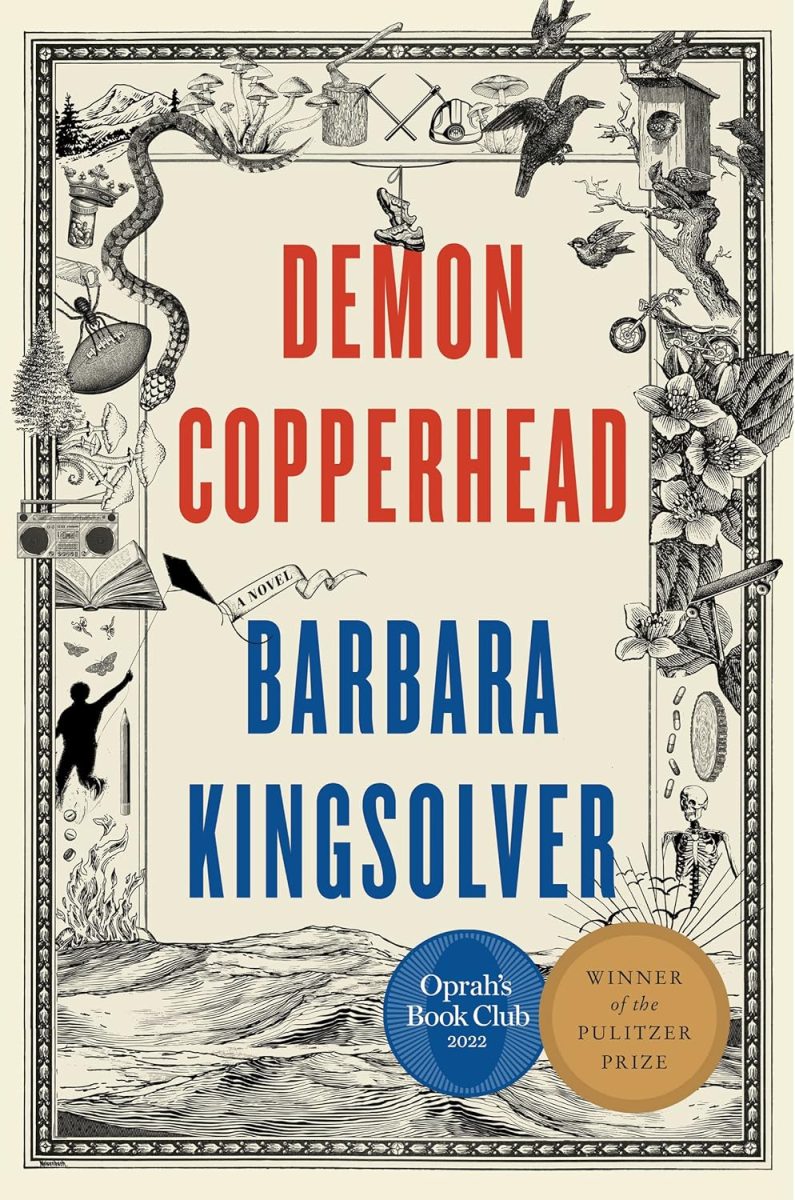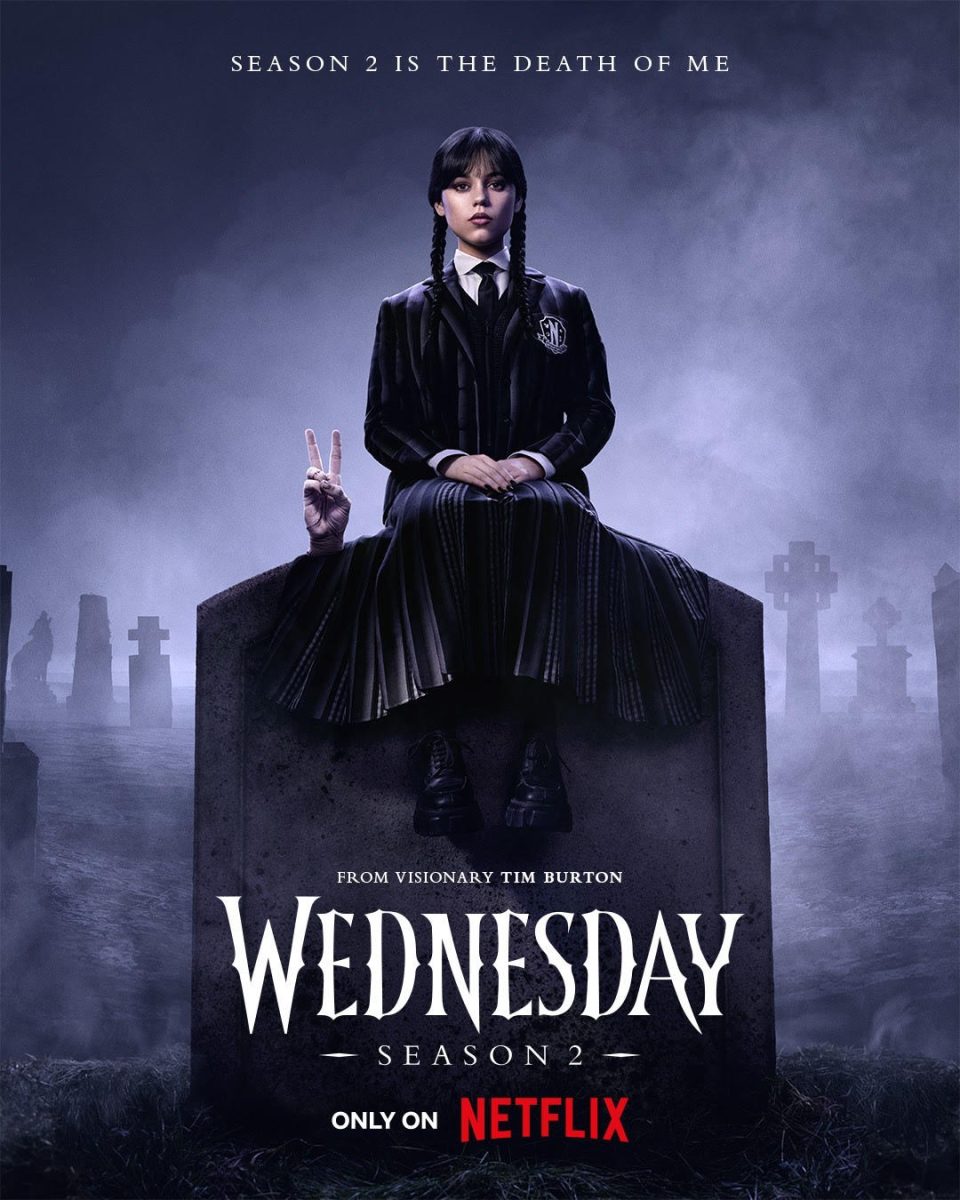Barbara Kingsolver’s latest novel “De mon Copperhead ” is a captivating coming-of-age tale set in rural Virginia. Her protagonist, Damon Fields, narrates his life’s story,
beginning with his inauspicious birth in a mobile home. On the path to adulthood he encounters adversity as well as the occasional lucky break and more than a few surprises.
First and foremost, the novel’s narrator is an extremely well developed, multi-facet ed character. This is no easy task for King solver as a writer particularly when a story is told entirely in the first person. Field’s singular voice claims to be a worthless, throwaway individual, while at the same time exhibiting admirable self-reliance and a steely determination to rise above his circumstances even when so much lies beyond his control. He’s a clear-headed survivor who will take whatever measures necessary to succeed in the end.
Kingsolver’s writing, too, is outstanding. Though she prioritizes realism in her plot lines, she still manages to communicate this story in an extremely poetic way. In “Demon Copperhead,” she brilliantly captures the rhythm and humor of rural Appalachian speech.
Finally, the story itself is riveting. While some may find a 600 page novel to be quite daunting, Kingsolver held my attention as a reader through all 64 chapters. The plot moves along so quickly that it became difficult for me to put the book down. Another layer of “Demon Copperhead’s” literary nuance is that it is a contemporary retelling of Charles Dickens’ “David Cop perfield.” Attempting to rewrite such a well-known, beloved work is a near impossible task. Kingsolver, however, beautifully achieves this through creating a narrative that stands up to its source material and, by some measures, may even surpass it. The plots share a great deal of similarities (e.g both boys’ mothers get involved with abusive men) but Kingsolver tailors the details to make them more appropriate to the time or place. Each also has, at its core, the central theme of weak, helpless individuals being mercilessly taken advantage of by those in power. Kingsolver’s themes go beyond Dickens’, however, addressing opioid and other drug addiction while condemning both “Big Pharma” and the US healthcare system. Although Kingsolver incorporates many clever nods to the original, readers need not be familiar with “David Copperfield” to fully appreciate “Demon Copperhead.” Those who do know the Dickens novel, though, will likely get a kick out of how Kingsolver adapts the plot to a new time, place and set of social circumstances. Kingsolver’s retelling of this story is vivid, disturbing, and holds a new relevance to this day in age.
One of the most significant themes in this modern adaptation is the weakness of the foster care system in the status quo. This is due to both the lack of resources, and the economy by which potential foster parents use the financial incentives to handle their personal financial circumstances rather than the care of the foster children. In some cas
es, foster children are expected to pull their own weight through working as minors with little concern for their health or education. Kingsolver relays this social commentary in such a subtle, and at times humorous, way that the reader cannot help but empathize with Fields and his circumstances.
This novel is nothing short of excellent and may well be Kingsolver’s best work to date. Whether you prefer the narration of Copperfield or Fields, this story is an eye
opening look at the realities of poverty. I would consider “Demon Copperhead” a must-read for anyone who enjoys well-constructed, entertaining literary fiction.







